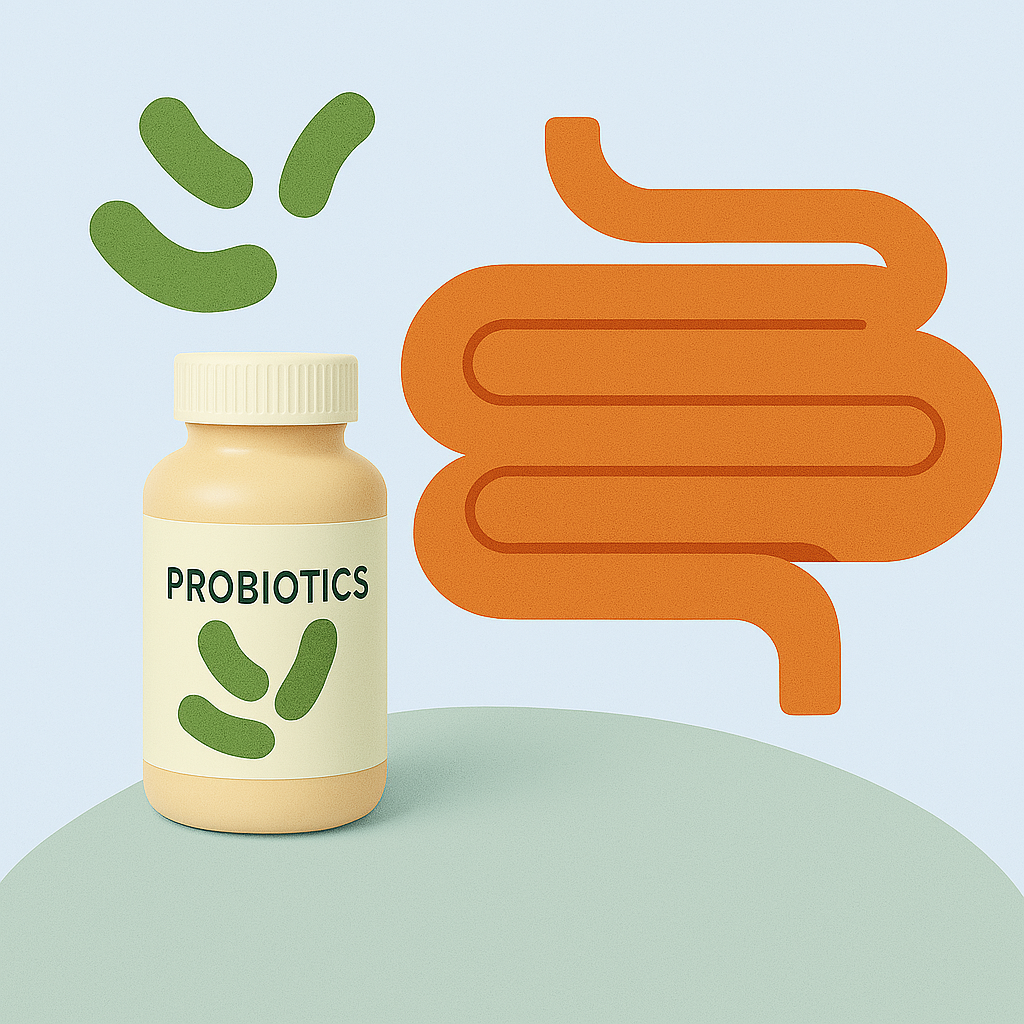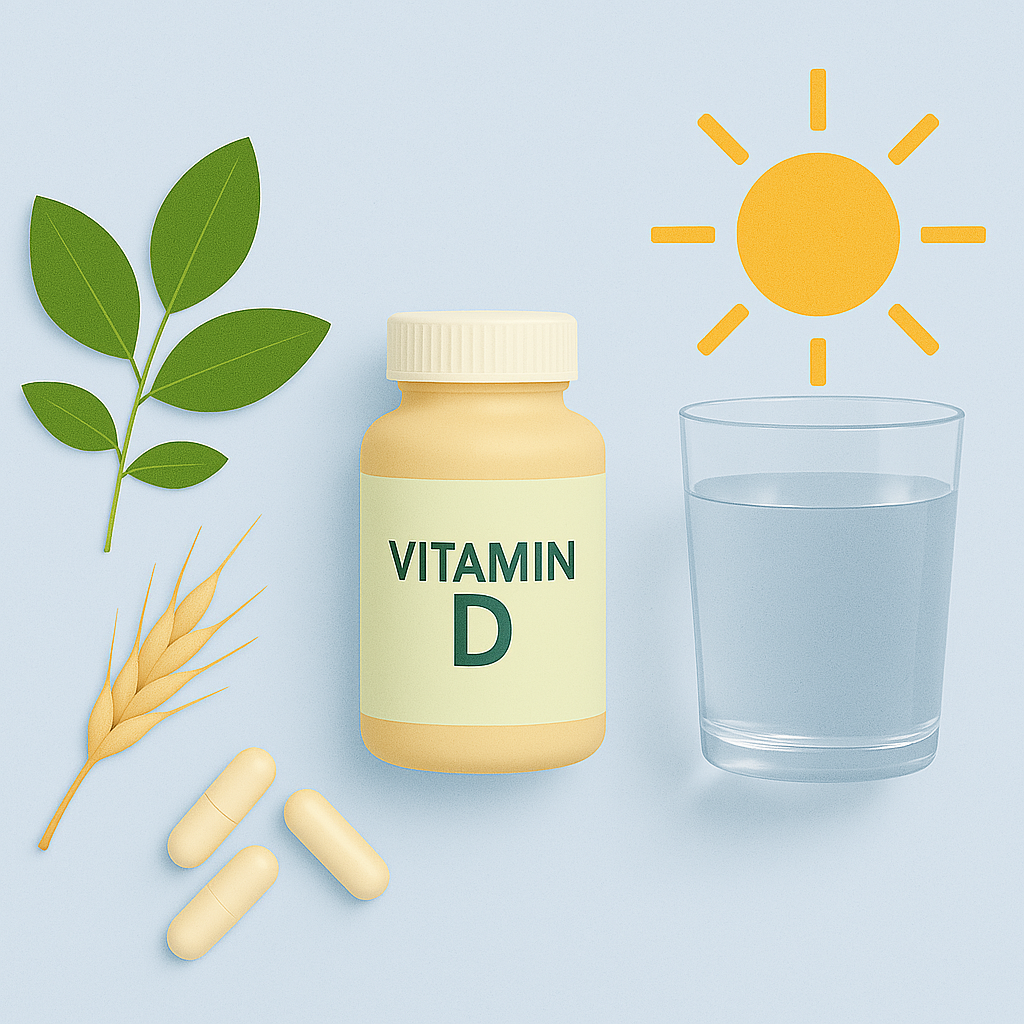A strong and well-functioning immune system is indispensable for maintaining good health throughout one’s life. Whether you are looking for ways to support a child’s immunity or hoping to discover effective methods to improve your own, abundant scientific research points toward a well-rounded strategy as the most effective. By integrating nutritious dietary choices, frequent physical activity, sufficient rest, and stress-reduction tactics, you can bolster your body’s natural protective mechanisms. This paper investigates how to nurture immune health through evidence-based approaches, motivational insights, and actionable illustrations. It also underscores the importance of foods that contribute to immune resilience — especially fruits that promote immune strength in sustaining energy and vitality all year long for individuals of all ages.
Overview of the Immune System
The immune system is composed of a sophisticated array of cells, tissues, and organs that collaborate to shield the body from invaders such as viruses, bacteria, and fungi. Among its key elements are white blood cells (including lymphocytes, neutrophils, and monocytes), the lymphatic system (encompassing lymph nodes, vessels, and lymphoid tissues), and physical barriers like skin and mucous membranes. Over the years, researchers have uncovered the ways in which specific lifestyle habits can help maintain the functionality and vigor of these essential immune components.
The immune system’s effectiveness depends on accurately differentiating between internal tissues and external threats. When pathogens are detected, the body launches an immune response, which can involve inflammation, fever, or the production of antibodies. Although short-term inflammation can be advantageous, extended inflammation poses health risks. Hence, integrating practices that support immune function can decrease the chance of chronic inflammation, creating a healthier reaction to routine germs and seasonal challenges.
Essential Nutrients for Immune System Support (Mayo Clinic Perspective)
The Mayo Clinic identifies various nutrients as critical for maintaining robust immune activity. These include:
-
Vitamin C: Celebrated for its part in collagen synthesis and its antioxidant properties, vitamin C assists immune processes by safeguarding cells from damage and aiding immune cell performance. Adequate vitamin C can be obtained from citrus fruits, bell peppers, broccoli, and strawberries.
-
Vitamin D: Frequently referred to as the “sunshine vitamin,” vitamin D has received substantial attention for its pivotal role in immune modulation. The Mayo Clinic stresses the significance of ensuring adequate vitamin D levels for optimal health. Though sunlight serves as a prime source, one can also obtain vitamin D from fatty fish (like salmon and mackerel), fortified dairy products, and dietary supplements.
-
Zinc: This trace mineral is essential for the growth and proper function of immune cells. Poultry, nuts, beans, and whole grains are foods naturally rich in zinc. Consuming these in a balanced diet helps support wound healing and a stable immune response.
-
Protein: Proteins form the foundation of both antibodies and immune cells. Lean meats, fish, eggs, dairy, legumes, and tofu are high-quality protein sources that can strengthen the body’s defenses.
-
Antioxidants: Beyond vitamin C, antioxidants such as vitamin E, beta-carotene, and selenium help counteract harmful free radicals. Plant-derived foods — especially an array of vibrantly colored fruits and vegetables — are excellent ways to acquire these protective compounds.
By making these critical nutrients, as recommended by the Mayo Clinic, a regular part of one’s diet, individuals can better equip their immune systems to handle common pathogens and other health threats.
Foods That Support the Immune System
Fruits That Support Immune System Health
Fruits are an exceptional addition to any eating plan that aims to boost immune defenses. They contain abundant vitamins, minerals, and antioxidants, while also contributing valuable dietary fiber. The following are some noteworthy fruits that help sustain the immune system:
-
Citrus Fruits (Oranges, Grapefruits, Lemons): Renowned for their substantial vitamin C levels, citrus varieties also supply phytonutrients that may reduce inflammation and enhance the immune reaction.
-
Berries (Strawberries, Blueberries, Raspberries): Berries come packed with antioxidants, which guard cells against oxidative stress. They also deliver dietary fiber and micronutrients integral to balanced health.
-
Kiwi: This tart fruit stands out due to its generous vitamin C content, in addition to vitamins K and E — both of which are beneficial to a healthy immune system.
-
Papaya: Papaya is notable for its enzyme papain, as well as considerable amounts of vitamin C and fiber, making it a smart choice for year-round dietary support.
Vegetables and Other Plant-Based Foods
Although fruits are often a focal point for immune support, vegetables warrant equal attention. Dark leafy greens (like spinach, kale, and collard greens), cruciferous veggies (including broccoli and cauliflower), along with sweet potatoes and carrots, are recognized for their wealth of vitamins, minerals, and antioxidants. Likewise, whole grains, legumes, nuts, and seeds contribute protein, fiber, and vital fatty acids, creating a more balanced dietary pattern.
Probiotic Foods
Fermented foods such as yogurt, kefir, kimchi, sauerkraut, and other probiotic-rich options facilitate a healthy balance of gut bacteria, which is a significant factor in immune function. Since a large portion of the immune system operates within the digestive tract, maintaining beneficial gut flora can enhance the body’s ability to address pathogens and sustain resilience against illness.
Lifestyle Habits That Enhance Immune System Support
Adequate Sleep and Rest
An extensive body of research indicates that a lack of restful sleep or regularly insufficient sleep detracts from immune performance. The body synthesizes and releases cytokines — protective proteins essential for fighting infections and inflammation — primarily during rest. Insufficient sleep undermines the production of these proteins. Adults are typically advised to get 7–9 hours of uninterrupted sleep each night, while children may need more based on their developmental stage.
Regular Exercise
Routine moderate exercise is associated with improved circulation and a more vigilant immune system. Activities like swimming, walking briskly, or cycling can boost immune surveillance by optimizing lymph and blood flow. Yet, it is critical to remember that excessive training without enough rest may momentarily weaken the immune system, so moderation and balance remain vital.
Stress Management
When stress becomes chronic, the body produces consistently high levels of the hormone cortisol, which can negatively influence many areas of immune health. Incorporating relaxation techniques such as deep breathing exercises, mindfulness meditation, yoga, or other stress-reducing practices — supports hormone balance and promotes a more resilient immune defense. Engaging in recreational pursuits, spending time outdoors, and connecting meaningfully with friends or family can also alleviate the detrimental impacts of stress.
Personal Hygiene and Preventive Measures
Foundational practices like thorough handwashing, steering clear of close contact with those who are ill, and following proper etiquette when coughing and sneezing remain central to safeguarding immunity. Introducing children to these habits instills an appreciation of personal accountability in reducing the spread of infections. Adults who consistently observe these straightforward hygiene protocols similarly benefit from lowered risk of illness.
Special Considerations: Immune System Support for Kids and Adults
Immune System Support for Kids
Children’s immune systems are still developing, making them more susceptible to common illnesses. According to pediatric guidelines, nutrient-dense meals, sufficient sleep, and healthy habits are especially critical during childhood. Parents can:
-
Introduce a variety of fruits and vegetables early on.
-
Offer limited fruit juice and emphasize whole fruits to ensure proper fiber intake.
-
Incorporate lean proteins and probiotic-rich foods (e.g., yogurt with live cultures).
-
Encourage outdoor play and physical activity for holistic development and healthy immune function.
Inspiring children to enjoy healthy foods can involve creativity — such as arranging colorful produce in fun shapes or involving them in meal preparation. Instilling these habits from a young age can create a solid foundation for lifelong wellness.
Immune System Support for Adults
For adults, the immune system may require additional vigilance due to lifestyle factors like work-related stress, less regular sleeping patterns, and possible nutrient deficiencies over time. A good practice for adults aiming to support immune health includes:
-
Scheduling regular check-ups and monitoring nutrient levels (e.g., vitamin D, vitamin B12, iron).
-
Maintaining a balanced exercise regimen that combines moderate aerobic activities with resistance training.
-
Prioritizing mental well-being through stress management techniques.
-
Considering age-appropriate immunizations and following healthcare guidance.
Adult immune function is also influenced by hormonal changes and chronic conditions. Collaborating with healthcare professionals to address underlying medical issues — from allergies to autoimmune disorders — can ensure the immune system’s optimal functioning.
Creating an Inspiring and Sustainable Immune-Support Routine
Supporting the immune system year-round is an ongoing journey rather than a one-time fix. Embracing a positive mindset and celebrating small victories can help maintain momentum. Consider the following strategies:
-
Set Realistic Goals: Rather than overhauling your entire lifestyle overnight, start with small, measurable goals — like adding two servings of fruits that support immune system function to your daily meals or incorporating a 20-minute walk into your routine.
-
Practice Gratitude: Research suggests that maintaining a grateful outlook can positively affect mental health, which in turn influences immune function by reducing stress-related hormones.
-
Stay Inspired: Keep learning about new foods that support immune system health. Experiment with recipes using superfoods like berries, leafy greens, and legumes. Share your discoveries with family or friends to strengthen social connections, another important factor in well-being.
-
Monitor Progress: If possible, keep a journal of your dietary changes, exercise routines, and sleeping habits. Such records can reveal patterns and help you make adjustments to further bolster immune strength.
In providing immune system support for kids or for yourself, remember that perseverance and self-compassion are key. An occasional slip in routine is not a failure; it is a natural part of adapting to life’s challenges. By continually returning to foundational habits — balanced nutrition, regular activity, sufficient sleep, and stress management — you reinforce a cycle that sustains wellness.
Supporting Your Immune System with Geberich Immune Boosting Supplements
At Geberich, we believe that a strong immune system serves as your first line of defense against daily health challenges. Our immune boosting supplements are expertly formulated with essential vitamins, minerals, and antioxidants to help you stay at your best year-round. By combining science-backed nutrients such as vitamin C, vitamin D, zinc, and carefully selected herbal extracts, Geberich products work to support the body’s natural defenses. Whether you’re striving to maintain consistent energy levels, recover more efficiently, or simply fortify yourself during seasonal shifts, our supplements offer reliable, convenient support.
For optimal results, pair our immune boosters with a balanced diet, regular exercise, and sufficient rest. These healthy habits synergize with Geberich’s potent ingredients, amplifying their positive effects on overall well-being. With Geberich immune boosting supplements, you can feel confident that each capsule delivers targeted nutrients to help your body thrive — so you can focus on living life to the fullest.
(Always consult a healthcare professional before starting any new supplement regimen.)
References
-
Mayo Clinic: “Support your immune function with good nutrition”
https://www.mayoclinichealthsystem.org/hometown-health/speaking-of-health/support-your-immune-function-with-good-nutrition -
National Institutes of Health Office of Dietary Supplements
-
Vitamin C Fact Sheet: https://ods.od.nih.gov/factsheets/VitaminC-Consumer/
-
Vitamin D Fact Sheet: https://ods.od.nih.gov/factsheets/VitaminD-Consumer/
-
Zinc Fact Sheet: https://ods.od.nih.gov/factsheets/Zinc-Consumer/
-
Harvard T.H. Chan School of Public Health: “How to Boost Your Immune System”
https://www.health.harvard.edu/staying-healthy/how-to-boost-your-immune-system -
Cleveland Clinic: “11 Foods That Boost Your Immune System”
https://health.clevelandclinic.org/food-to-boost-your-immune-system





